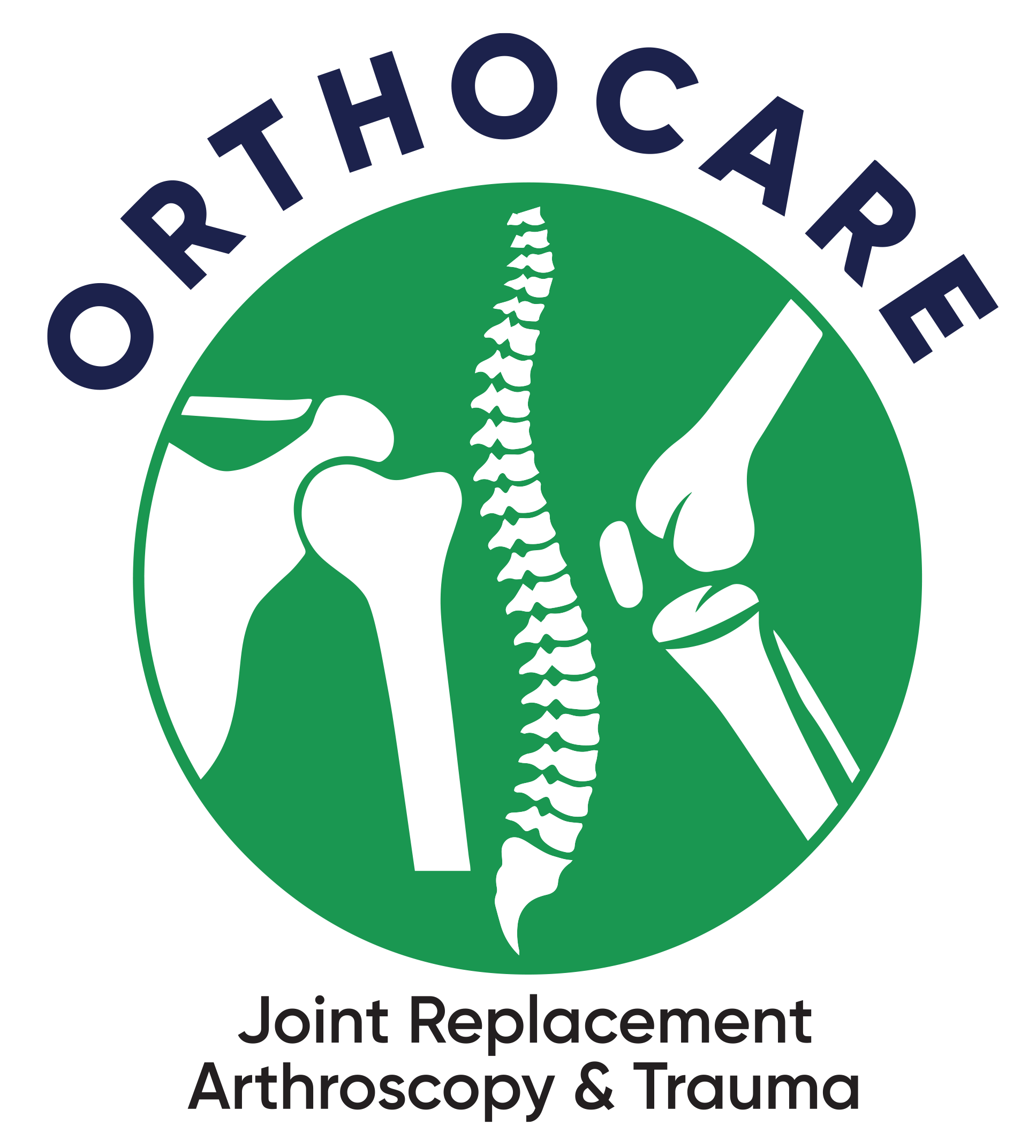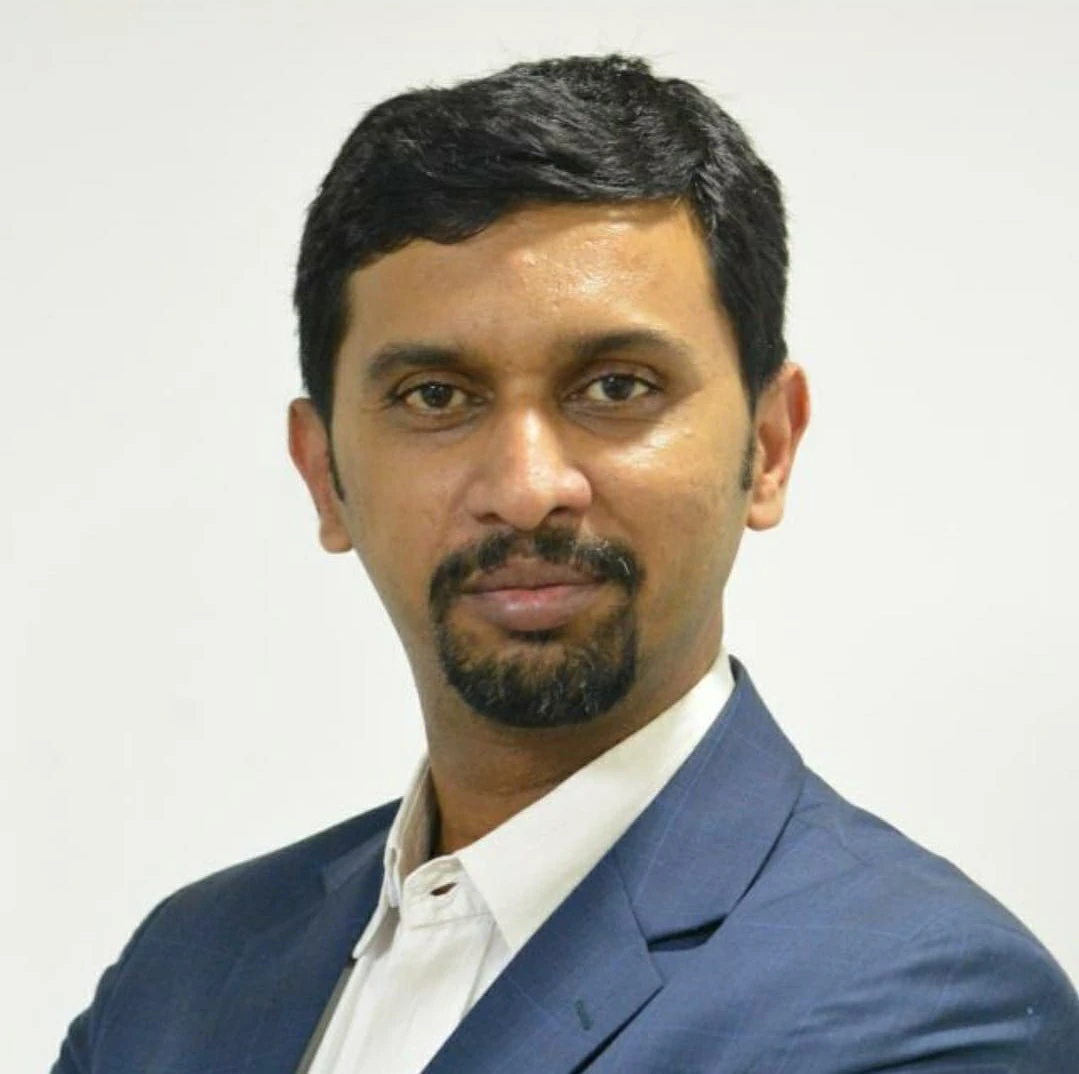Shoulder Dislocation: Causes, Symptoms, and Advanced Treatment in Bangalore
When it comes to joint injuries, a shoulder dislocation is one of the most common yet often misunderstood problems. The shoulder is the most mobile joint in the body, designed for a wide range of movements. This mobility, however, comes at the cost of stability, making the shoulder more prone to dislocations compared to other joints. For anyone experiencing this painful condition, timely medical intervention is essential. If you are searching for Shoulder Dislocation Treatment in Rajajinagar or Shoulder Dislocation Treatment in Bangalore, this guide will help you understand the causes, symptoms, treatment options, and why consulting an experienced orthopedic specialist like Dr. Chethan Nagaraj at OrthoCare Bangalore is the right step.
What is a Shoulder Dislocation?
A shoulder dislocation occurs when the ball of the upper arm bone (humerus) slips out of its socket (glenoid) in the shoulder blade. Because of the shoulder’s ball-and-socket design and its wide range of motion, it is the most frequently dislocated major joint in the body. According to Wikipedia, this condition can cause sudden and severe pain, weakness, and visible deformity.
There are two main types of shoulder dislocations:
- Anterior dislocation: The ball comes out of the socket toward the front (most common).
- Posterior dislocation: The ball slips backward (less common but often seen after seizures or electrical shocks).
Common Causes of Shoulder Dislocation
Several reasons may lead to a shoulder dislocation. Some of the most common include:
- Sports Injuries
High-impact sports like football, basketball, wrestling, and cricket often put strain on the shoulder. Falls or collisions can cause the shoulder to pop out of its socket. - Accidents and Trauma
Road traffic accidents or falls from a height can cause severe trauma to the shoulder joint. - Repetitive Strain
People involved in activities that demand overhead arm movements—such as swimming, volleyball, or painting—are more prone to shoulder instability, which increases the risk of dislocation. - Previous Shoulder Dislocations
Once the shoulder has been dislocated, the ligaments and soft tissues around the joint may loosen, increasing the likelihood of future dislocations.
Symptoms of a Shoulder Dislocation
A shoulder dislocation can be identified by several noticeable symptoms:
- Intense, sudden shoulder pain
- Visible deformity or out-of-place shoulder contour
- Swelling and bruising around the joint
- Inability to move the arm
- Tingling or numbness in the arm, hand, or fingers
- Weakness in the affected arm
In severe cases, blood vessels and nerves may also be damaged, requiring immediate medical attention.
Diagnosis of Shoulder Dislocation
An orthopedic doctor begins with a thorough clinical examination followed by diagnostic imaging. At OrthoCare Bangalore, Dr. Chethan Nagaraj uses advanced imaging techniques to ensure accurate diagnosis:
- X-rays: To confirm dislocation and rule out fractures.
- MRI scans: To evaluate ligament, tendon, or labrum damage.
- CT scans: For complex or recurrent cases requiring surgical planning.
Treatment Options for Shoulder Dislocation
The treatment plan depends on the severity of the dislocation, whether it is a first-time or recurrent case, and the patient’s overall health and activity level. Treatment typically includes:
1. Immediate Care (Reduction)
The first step involves carefully guiding the ball of the humerus back into its socket, a process known as “reduction.” This is usually performed by an orthopedic doctor under sedation or anesthesia.
2. Immobilization
After reduction, the shoulder may be immobilized with a sling or brace for a few weeks to allow healing of ligaments and soft tissues.
3. Medications
Pain relievers and anti-inflammatory medications are prescribed to manage pain and swelling.
4. Physical Therapy
Rehabilitation plays a vital role in recovery. Exercises focus on strengthening the rotator cuff muscles and restoring stability and range of motion to the shoulder.
5. Surgery for Recurrent Dislocations
For patients with repeated dislocations or significant ligament damage, surgical intervention may be required. Advanced techniques such as arthroscopic surgery, ligament repair, or even shoulder replacement may be recommended. You can learn more about surgical options at OrthoCare Bangalore.
Complications of Untreated Shoulder Dislocation
Ignoring or delaying treatment can lead to several complications, including:
- Chronic instability: Increased risk of repeated dislocations.
- Nerve or blood vessel injury: Damage around the joint can lead to numbness and weakness.
- Arthritis: Long-term damage to the joint can result in early-onset arthritis.
- Rotator cuff injury: Tears in surrounding tendons may worsen pain and weakness.
Preventing Shoulder Dislocations
While not all cases can be avoided, the following steps may reduce the risk:
- Strengthening shoulder and upper body muscles
- Avoiding repetitive overhead movements
- Using protective gear during sports
- Practicing safe techniques in physical activities
- Seeking medical care immediately after an injury to prevent worsening
Shoulder Dislocation Treatment in Rajajinagar and Bangalore
If you are searching for Shoulder Dislocation Treatment in Rajajinagar or Shoulder Dislocation Treatment in Bangalore, you need a trusted orthopedic specialist with expertise in managing both acute injuries and chronic instability. Dr. Chethan Nagaraj, with over 15 years of experience in orthopedics, is one of the most respected names in the field. His approach combines advanced diagnostic tools, evidence-based treatments, and patient-centered care.
Whether it’s conservative management, arthroscopic stabilization, or complex joint replacement surgery, his expertise ensures better outcomes for patients.
Why Choose Dr. Chethan Nagaraj?
- Extensive Experience: Over 15 years of expertise in orthopedic surgery and joint replacements.
- Specialization in Joint & Hip Replacement: Recognized as one of the leading surgeons in Bangalore.
- Advanced Technology: Utilizes state-of-the-art equipment for diagnosis and surgery.
- Patient-Centered Care: Focus on early diagnosis, personalized treatment, and holistic recovery.
- Convenient Location: Located at OrthoCare Bangalore, accessible to patients across the city.
Living with a Healthy Shoulder After Treatment
Recovery doesn’t stop after the shoulder is put back in place. A complete rehabilitation program is essential to prevent recurrence. Patients should:
- Follow prescribed physical therapy exercises
- Gradually return to sports or physical activity
- Avoid heavy lifting until cleared by the doctor
- Attend regular follow-up appointments with the orthopedic specialist
Educational Insight: Understanding Shoulder Dislocation Better
For readers who want to dive deeper into the medical understanding of this condition, you can explore detailed resources at Wikipedia – Shoulder Dislocation. These articles explain the anatomy, mechanism, and global research behind this common joint injury.
Final Thoughts
Shoulder dislocations can be frightening and painful, but with the right medical care, patients can recover fully and regain their normal lifestyle. Early intervention by a skilled orthopedic doctor ensures the best outcomes and minimizes the risk of recurrence.
If you or a loved one is struggling with shoulder instability, consult Dr. Chethan Nagaraj, one of the most trusted orthopedic doctors in Bangalore. His expertise at OrthoCare Bangalore ensures comprehensive care tailored to each patient’s needs.
Don’t let shoulder pain or dislocation affect your quality of life. Seek specialized care today for long-term joint health and mobility.

